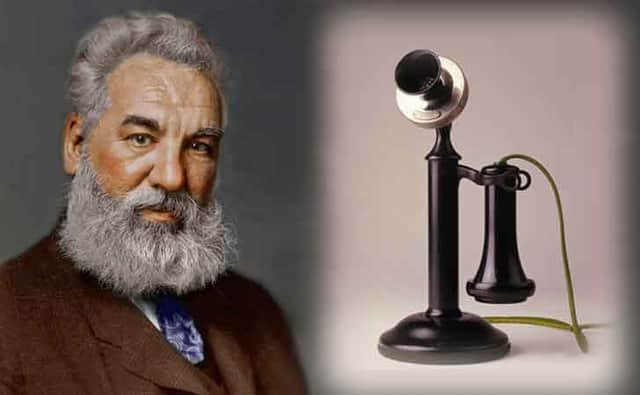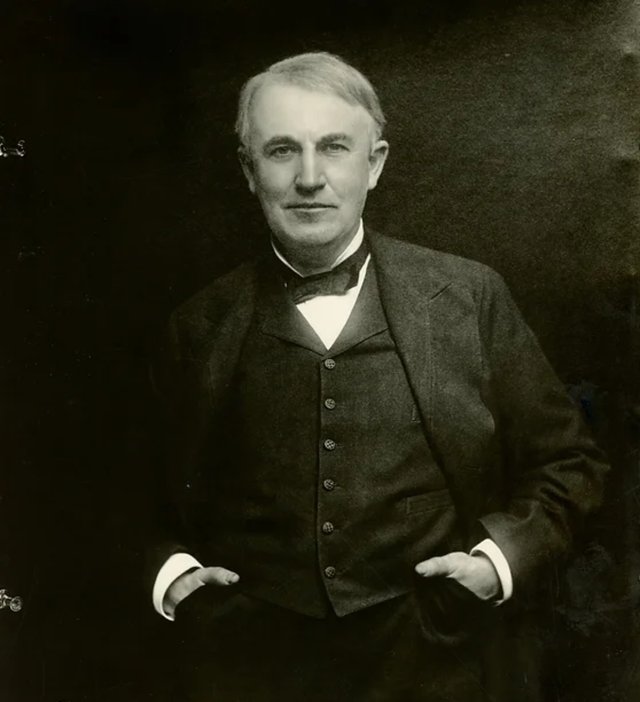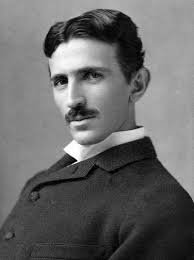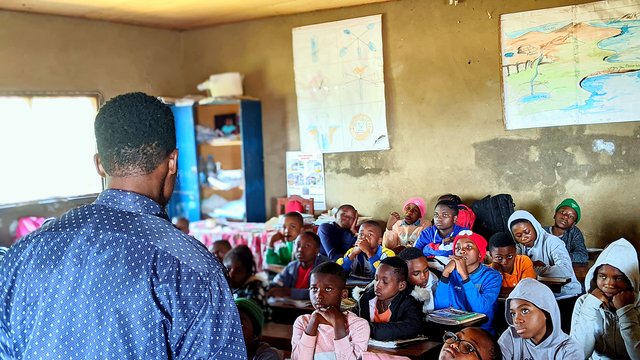Greetings, Steem mates. I hope this day has been a great one for all.
Recently, I decided to delve into history and study some remarkable individuals whose contributions have significantly altered the way human beings live today.
I've been learning about great minds such as

Alexander Graham Bell, the inventor of the telephone,

Albert Einstein, the father of the theory of relativity who also played a pivotal role in the invention of the atomic bomb,

Thomas Edison, the inventor of the light bulb and a key figure in the development of the music player and television. I've also read about the solitary genius,

Nikola Tesla, who pioneered alternating current (AC), outperforming Thomas Edison's direct current (DC), and whose work laid the foundation for radio communication.
In my research, I've noticed a common thread among these individuals: many were perceived as educationally and mentally challenged as children. Thomas Edison's mother withdrew him from school and taught him at home because school was making him miserable. Einstein couldn't even speak until he was about five (though he later claimed he could speak but simply didn't want to) and couldn't read until he was nine. He was labeled a very slow learner. Nikola Tesla suffered from epilepsy that caused hallucinations. Despite this, his mother didn't give up on him. Instead, she rolled up her sleeves and taught young Nikola the basics of mathematics, physics, and more herself. This sacrifice and dedication paid off as her son grew up to leave an indelible mark on history.
I'm sharing this because I've realized that, while it may seem hard to believe, many parents are disappointed and frustrated when their children exhibit signs of sluggishness in learning at an early age. Some even give up on these children. Our educational systems often perpetuate this view, labeling children as "retarded" based on their ranking in class. This is a misconception that sadly distorts the reality of the matter. As Albert Einstein famously said, "Examinations are a poor measure of intelligence." Unfortunately, many parents and even educational institutions abandon children who are slow to pick up in class. A true educator doesn't give up on their learners.

Oliver Nshom
My mentor, Oliver Nshom, was laughed at by many, including his father, when he was young and expressed his desire to become a professional speechmaker. This was because he struggled with speaking as a child. Today, Oliver Nshom is a renowned public speaker in Cameroon and Africa, inspiring young people through his achievements that many once doubted.
 **Milton Vernyuy **
**Milton Vernyuy **
When I was about six years old, I moved to Douala from the village (Nso) to be with my mother. In Douala, I faced many challenges because I couldn't speak well, and I didn't know English, French, or Pidgin English. I only knew one language, Lamnso. I was laughed at and mocked many times for my pronunciation, but today, I can speak all of these languages and use the power of my voice to inspire, motivate, and educate young people across the nation.
My advice to teachers, society, and most importantly, parents is that we shouldn't give up on our children when they are struggling to meet "normal" expectations. Instead, let's take responsibility to stand by our children and support them in finding their unique path.
When I speak to parents at PTA meetings, I tell them not to compare their children's growth. Instead, they should focus on doing their best to raise their children well.
May God grant us the strength and the wisdom to raise the children he has blessed us with. Amen 🙏
Very inspiring.
I personally think home tutoring of kids till the age of 5 before they see the walls of a classroom is the best. My knowledge in child psychology tells me that, the childs brain develops the most between the ages 0 to 5 years, than any other age gap in his/her life time. That's the time when they should be exposed to a variety of experiences (traveling, home education and grooming, playing, social and community life, charity, volunteering etc.), to permit them connect with the best vibrations in life and begin knotting their niche and finding themselves. Only then will the classroom help them in shaping to size who or the persons they are already. Bottom line, gain a personality before going to school.
My 1 cent 😊
Downvoting a post can decrease pending rewards and make it less visible. Common reasons:
Submit